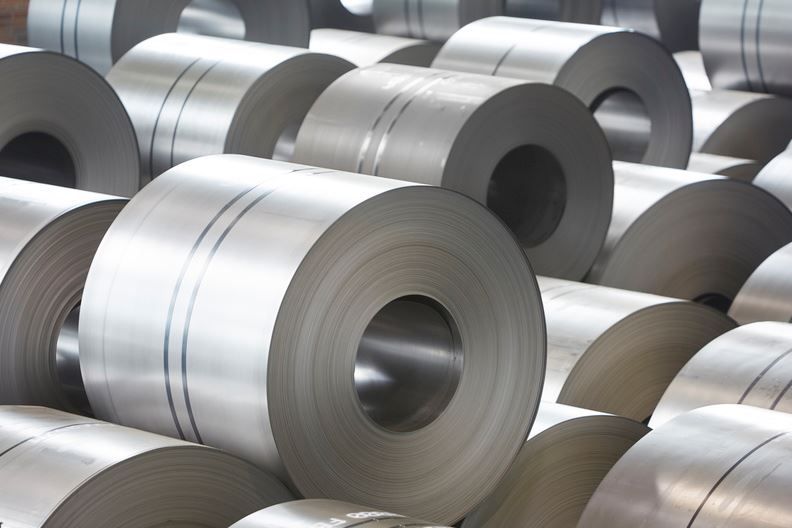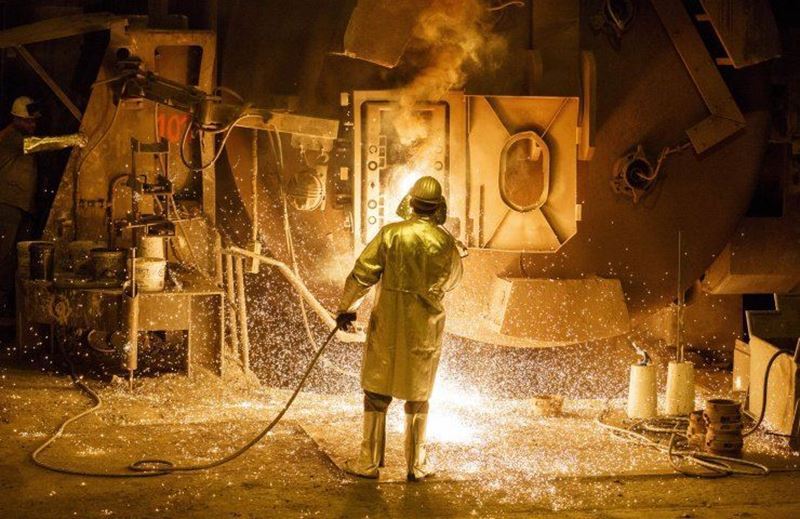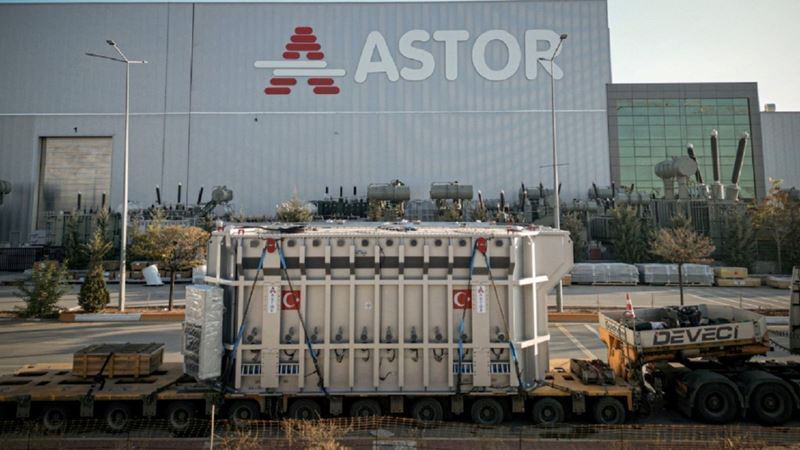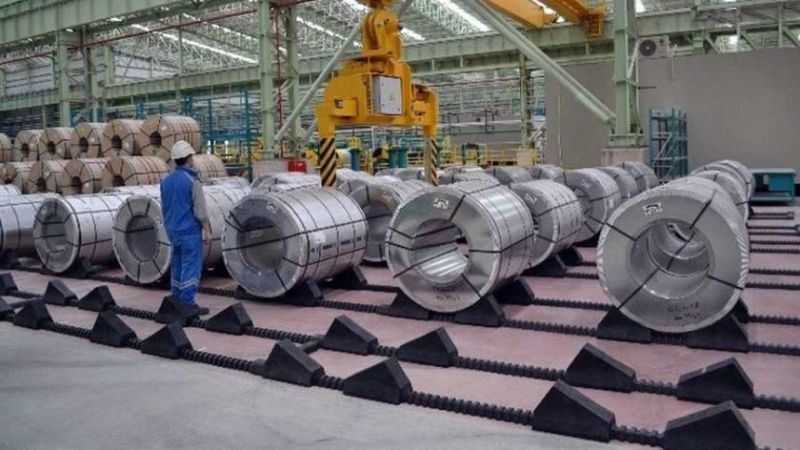According to the Korea Steel Association, rebar inventories reached 647,000 tons as of April, up 36% compared to last year. Domestic sales volume decreased by 15% in the same period, falling to 709,000 tons. Similarly, hot rolled steel sheet stocks increased to 893,000 tons, while sales volume stood at 841,000 tons.
China's heavy plate imports increased by 186% compared to last year, reaching 421,000 tons, but domestic sales decreased by 9% to 2,017,000 tons. This situation caused local producers to experience a difficult process in terms of price competition.
Large companies such as POSCO, Hyundai Steel and Dongkuk Steel are switching to crisis management by making decisions to reduce production and reduce operating rates. POSCO has decided to extend the working week for managers to five days and believes that this step will increase motivation during the crisis.
POSCO Group President Jang In-hwa said, "We see the period when the automobile market will transition to electric vehicles as an opportunity. We are evaluating this process to strengthen our stability and make new investments."
An official from the steel industry said, "The slowdown in the construction and automotive sectors negatively affects the demand for steel products. In this period, we are taking a breather by reducing production and continuing to search for new business opportunities for the future."
As low-cost steel materials from China continue to seriously impact the local industry, steel manufacturers are working on various strategies to maintain their competitiveness in both domestic and foreign markets.









Comments
No comment yet.